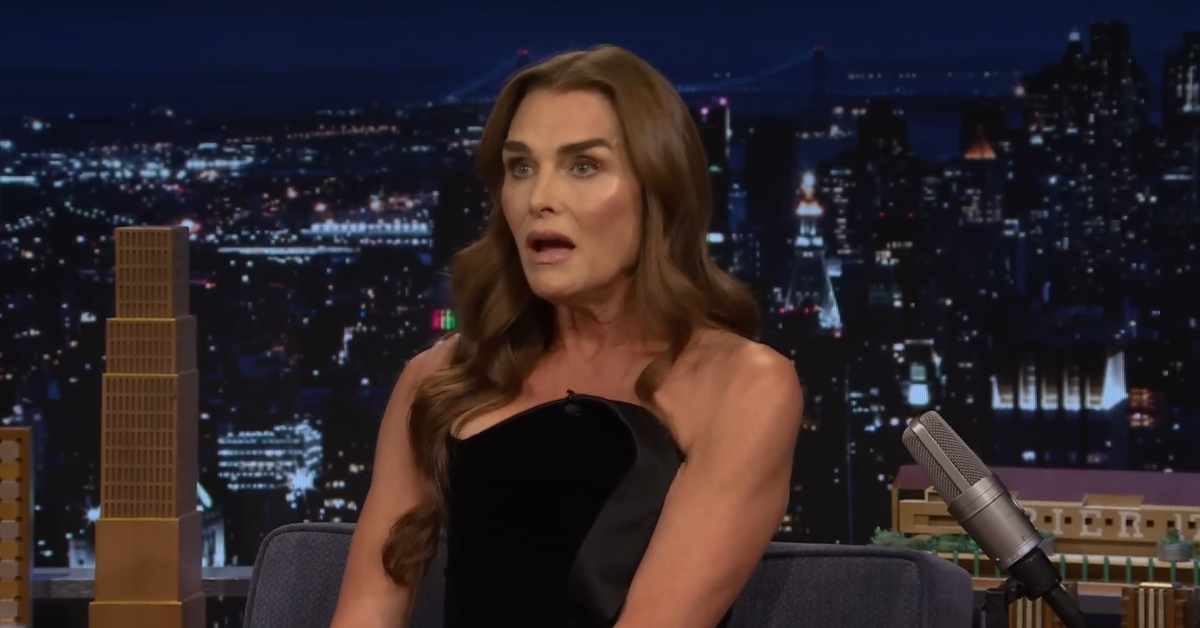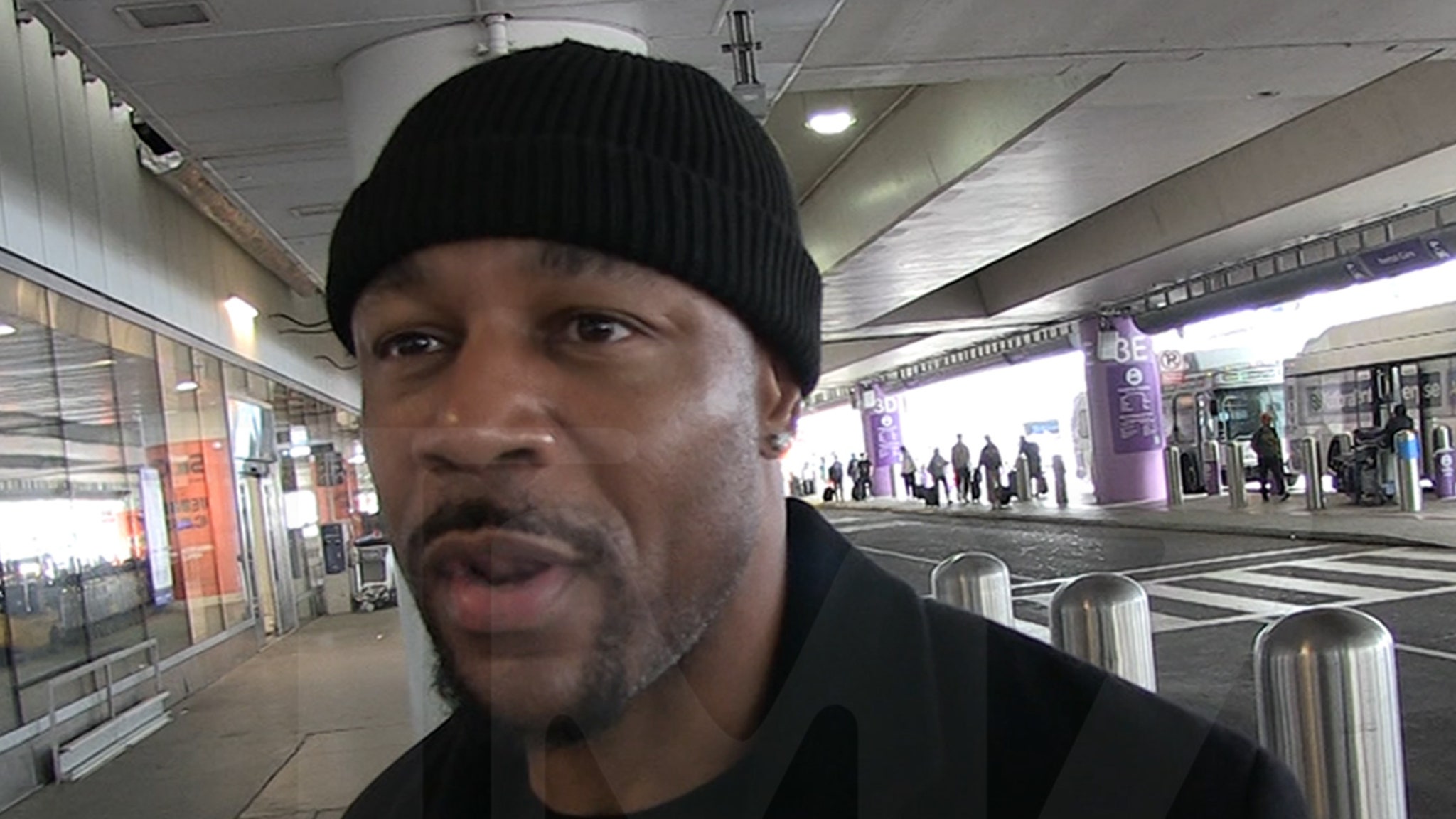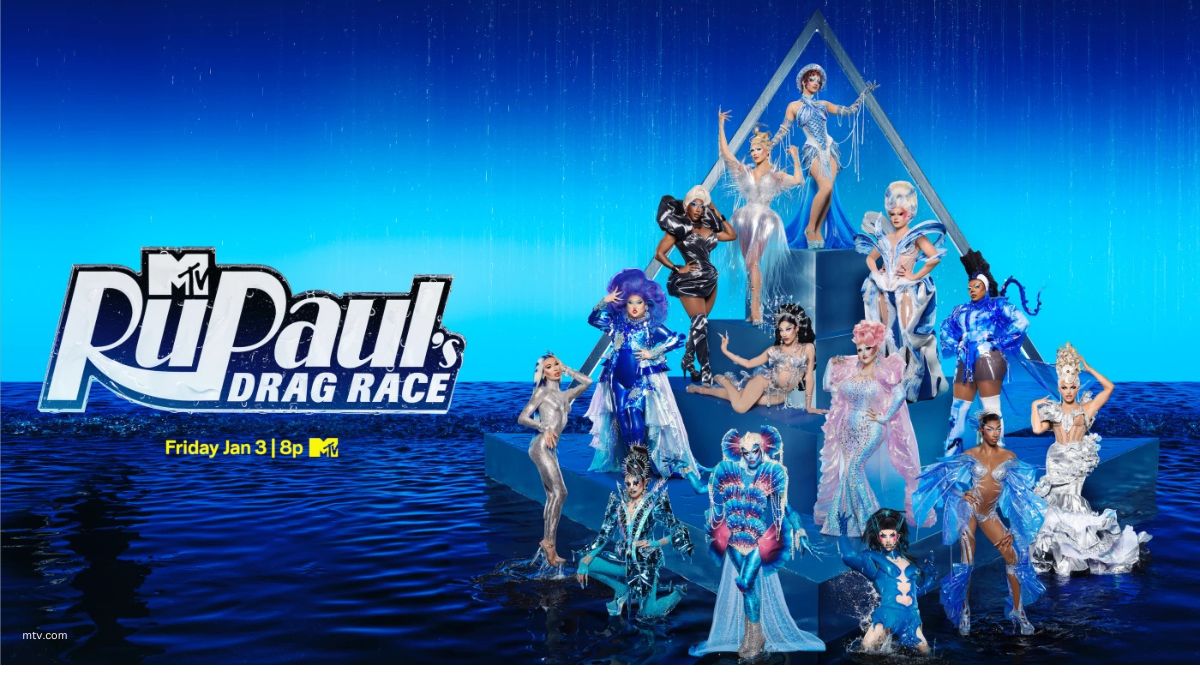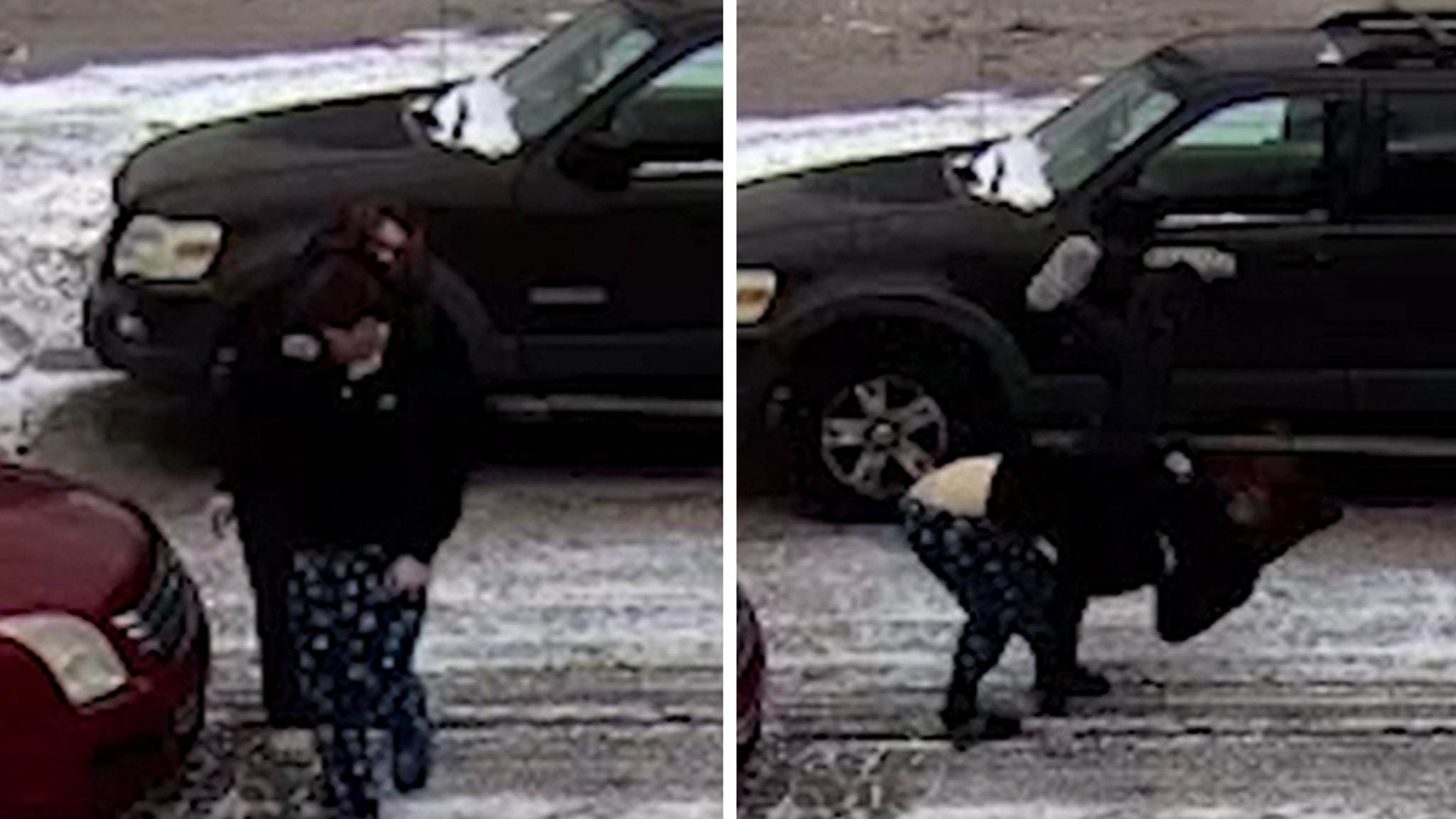BBC star Monty Don disclosed that he had to take a prolonged break from hosting. Gardeners' World due to a stroke he endured in 2012, which left him facing both physical and mental challenges.
The ordeal began when he experienced alarming symptoms that led him to believe he was “going to die.” Although he instinctively understood there was something seriously wrong, it took an additional six weeks of declining health before he underwent a brain scan that ultimately revealed a blockage in one of the four principal arteries supplying blood to his brain.
The MRI results confirmed that Monty had suffered a mini-stroke, a condition that can often go unnoticed but poses significant risks.
After careful evaluation, medical professionals reassured him that there was no lasting damage to his brain—a relief for Monty—. Yet, they explained that there were no specific pharmaceutical treatments for his condition then. Instead, they recommended a regimen focused on rest and lifestyle adjustments.
To manage the risk of future strokes, they advised him to take a daily aspirin to thin his blood. Additionally, he was encouraged to reduce his alcohol intake, a change that was relatively easy for him, as he had always been a moderate drinker.
Understanding the importance of holistic approaches to recovery, Monty also began attending acupuncture sessions every two weeks to revitalise his energy levels and aid his overall recovery process.
Despite the setbacks, Monty's spirit remained unbroken. He hoped for a swift recovery and maintained a positive outlook, planning to navigate his rehabilitation carefully.
His ultimate goal was to return to Gardeners' World, where he had built a beloved presence and connection with viewers. As he worked through rehabilitation, Monty remained determined to share his passion for gardening again.
He realises now this was wildly optimistic. His wife, Sarah Don, realised Monty was jeopardising his recovery when he insisted on honouring a commitment to speak to Welsh hill farmers, which had been booked months in advance. He finally suggested the unthinkable - that he takes a very long break.
Monty told The Standard at the time: "We talked about it all the way home and, believe me, we had sleepless nights over it because we still have a mortgage to pay and three children to support,
"There is the neurosis of being a freelance. You are always thinking, 'Will this be my last job?'
"When someone says, 'Would you like to go round the world and visit all the best gardens?', you don't turn it down. A certain vanity is involved in the decision, thinking that someone wants you to do it."
Monty's work ethic is deeply rooted in his childhood but stems from his fear of failure. Having lost everything once before—home, business, and livelihood—he is not keen to repeat the experience.
Monty, the youngest son of a dedicated career soldier, has experienced a remarkable journey throughout his life. Over three decades ago, he crossed paths with Sarah while pursuing his studies at Magdalene College, Cambridge, a meeting that would define both their personal and professional futures.
In the early 1980s, fueled by their shared passion for creativity and entrepreneurship, Monty and Sarah established a jewelry business that quickly gained traction, propelling them into the limelight.
Their exquisite pieces, adorned with intricate designs and lavish jewel-encrusting, caught the attention of high-profile celebrities and public figures. Icons such as Elton John, Boy George, and Princess Diana became some of their most avid customers, further enhancing the brand's prestige.
With the profits from their booming business, Monty and Sarah embarked on ambitious property investment ventures, gradually building a diverse property empire.
However, the economic landscape shifted dramatically with the crash of 1987, resulting in devastating financial losses that sent their empire into a tailspin. The couple found themselves in a dire situation, grappling with severe poverty. They faced days when they had to prioritize their children’s meals over their own, often going without food. From 1991 to 1993, Monty found himself relying on government assistance, signing on for the dole as he struggled with the overwhelming belief that he might never find work again.
 3 hours ago
2
3 hours ago
2




















 English (US) ·
English (US) ·